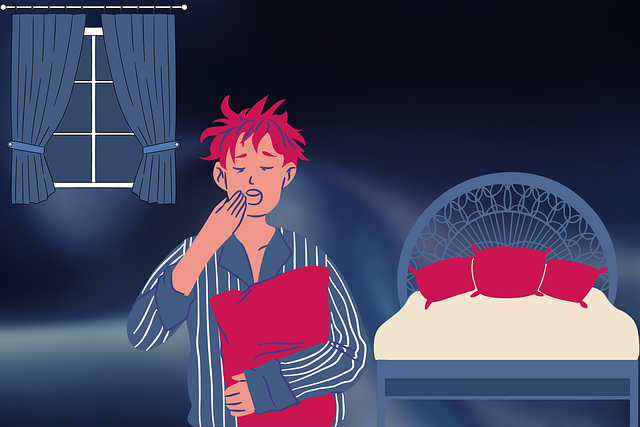Picture this, your alarm goes off in the morning, you get up and down a glass of water and follow that with your daily coffee and wait for the energy boost to kick in, but it never does. Does that sound familiar? Unfortunately, feeling excessively tired is all too common. When you experience this same level of exhaustion for many days, it’s time to reflect on your routine and make some changes. Here’s what you need to know about fatigue so you can solve your energy crisis.
What Causes Fatigue?
If you want to know what’s causing you to feel fatigued, you have to take a look at a few areas of your life, including your habits, activity levels, and diet. Each piece of the puzzle is intricately intertwined.
If, for example, you aren’t eating the right balance of nutrients, then you might fall into a cycle of chronic fatigue. You might ask yourself if you need more carbohydrates or does protein give you energy for exercise. In fact, cutting carbohydrates out completely can make you feel more tired.
Other common causes of fatigue include:
- Lack of regular exercise
- Too much social or physical activity
- Irregular sleep patterns
- Dehydration
- Emotional distress
- Anxiety and stress
What Does Mental Fatigue Feel Like?
Experiencing mental fatigue feels different from physical exhaustion. Mental fatigue often affects your ability to focus, and it also impacts your mood. You may forget things easily and have a consistent feeling of brain fog. You may also feel like you don’t enjoy your hobbies or spending time with loved ones and friends. You might describe mental fatigue as being burnt out.
It’s important to recognize the patterns of mental fatigue and investigate the causes. Whether you’re taking on too much at work or you have unresolved issues with a loved one, you can find ways to change your habits and address any problems before they get worse.
What Does Physical Fatigue Feel Like?
Physical fatigue can lead to mental fatigue, but they don’t share too many similarities. When you’re physically exhausted, you may feel heaviness in your limbs and a general inability to react quickly to physical stimuli. For example, you might not be able to avoid hitting the corner of the table, or you may drop a glass or piece of silverware while eating.
One of the main culprits of physical fatigue is a lack of sleep. If you’re a new parent, you may start experiencing the symptoms of physical fatigue. The same thing can happen if you’re putting in a lot of late nights to complete a project at school or work.
6 Strategies To Improve Energy Levels
Once you notice that your energy levels aren’t bouncing back like they used to, you don’t have to accept defeat. There are straightforward solutions to help you regain the energy you once had. Check out the following list for six simple ways you can improve your energy levels:
- Make sleep a priority.
- Develop a regular exercise routine.
- Improve your diet and daily hydration.
- Reduce your alcohol and caffeine consumption.
- Confide in close friends or family.
- Practice stress-management techniques.
If you can’t implement all of these changes, stick to the ones that make sense for your situation and your life. Even if you turn to alcohol and caffeine as sources of instant energy or relaxation at the end of the day, coffee and alcoholic beverages can negatively impact your overall health and energy levels.
It may seem counterintuitive to exercise when you’re tired, but it will surprise you how much energy you can gain in return for a quick workout.
Similarly, the thought of discussing your stress and fatigue might seem like an added burden, but expressing your feelings is far more beneficial than bottling everything up.
Beating fatigue is all about making your health and wellness a top priority. Don’t focus on the past when it comes to getting stuck in bad habits.
Think of tomorrow as a clean slate and start by taking one small step at a time.







